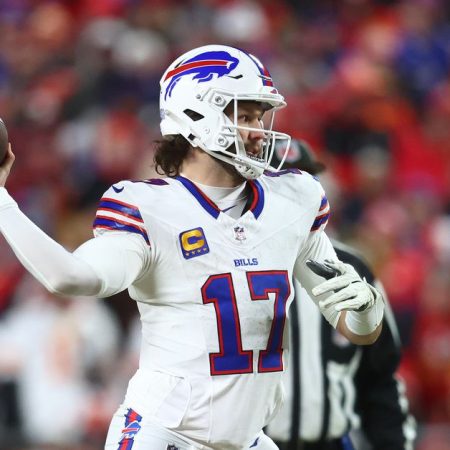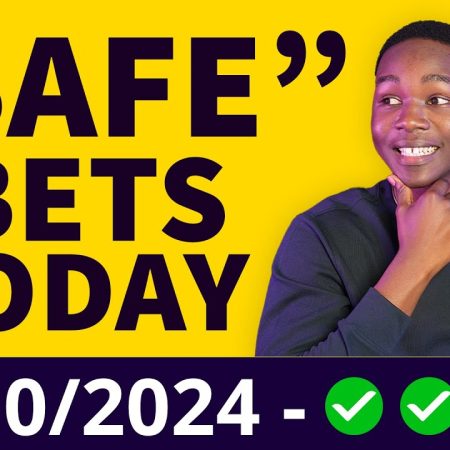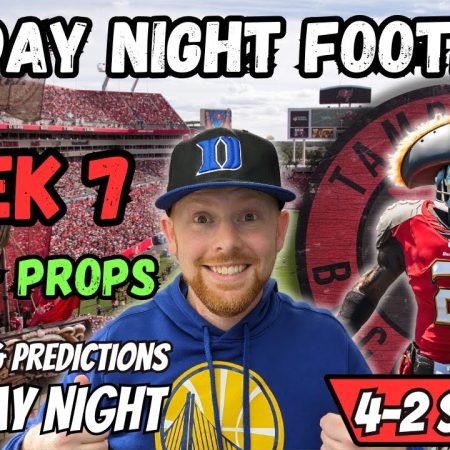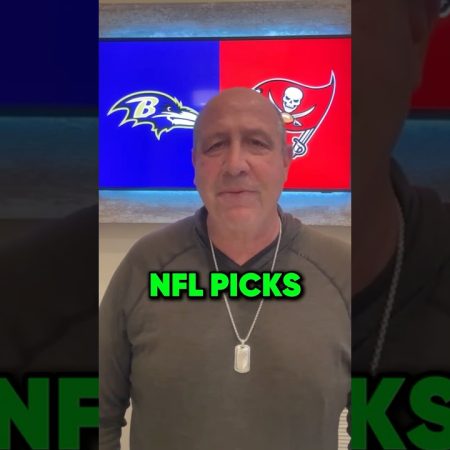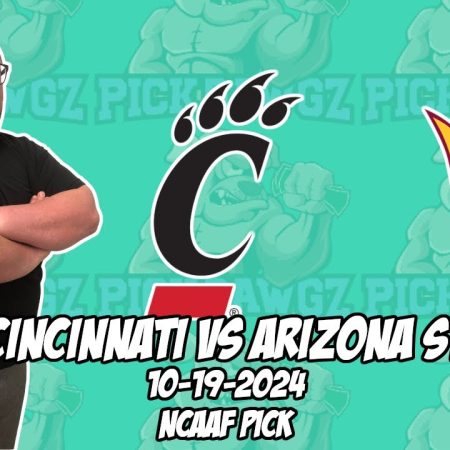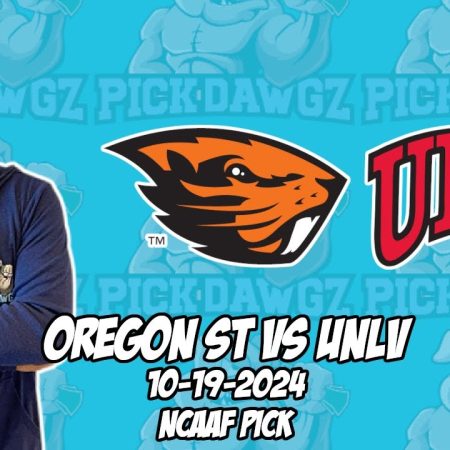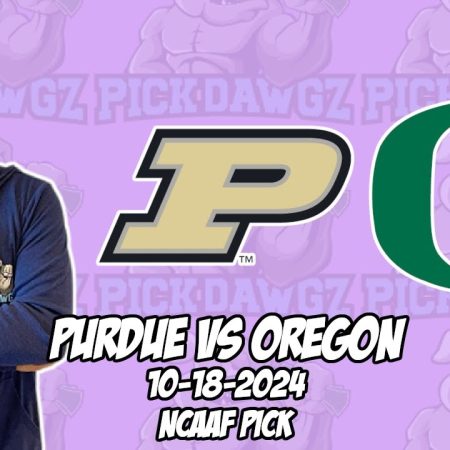Video Summary
In the world of sports betting, understanding the basics is crucial for success. One of the most important concepts is the concept of odds. In America, there are two types of odds: negative and positive. Negative odds show how much money you need to wager to win $100, while positive odds show how much you'll win for every $1 wagered.
When you open a sportsbook app, you'll be overwhelmed by the number of options available. These options are known as betting markets, and they include the moneyline market, totals market, handicap market, and player props market. The moneyline market is used to wager on which team or player will win, while the totals market is used to bet on the total amount of points scored. The handicap market is used to determine the amount of points a team is predicted to win or lose by.
In sports betting, there are three types of outcomes: win, lose, or push. A push occurs when the final score is exactly on the spread or total amount wagered on. For example, if the Lakers and Celtics are playing and the line is 225, and the final score is 113-112, this would be considered a push and you would receive your money back.
Positive expected value (EV) is a key concept in sports betting. It means that you're placing bets that have a greater chance of winning than what is implied by the sportsbook's odds. Most sports bets are placed on odds with a negative expected value, which means that the sportsbook has an advantage.
Variance is another important concept in sports betting. It's the measurement of the amount of deviation from the expected result of an outcome. Good variance is key to profitable sports betting, and it's essential to understand how to manage your bankroll to take advantage of it.
Juice or vigorish is the house edge that sportsbooks make from every bet. Using math, you can use tools to reduce the juice and flip the edge to your advantage. A unit size is a percentage of your bankroll for each individual bet, and it's essential to respect your bankroll to avoid losing money.
Arbitrage and hedging are two strategies that can help you make money in sports betting. Arbitrage involves taking two sides of the same bet where the odds total to more than plus 100, while hedging involves placing a bet on the opposite outcome of your initial bet to limit risk.
Syndicates are organized groups of individuals who work together to make money from sportsbooks. They use a proxy to place bets on behalf of others, and they often have different policies and laws that dictate their ability to successfully use this practice.
Promos are a way for sportsbooks to provide their users with opportunities to build their bankroll. Free bets are a type of promo that allows you to place a bet with no risk, and they can be converted into actual withdrawable cash.
In conclusion, understanding the basics of sports betting is crucial for success. From odds to variance, juice to arbitrage, and promos to free bets, there are many concepts to grasp. By respecting your bankroll and using math to your advantage, you can increase your chances of winning and become a profitable sports better.
Try Oddsjam for Free for 7 days: https://tryoddsjam.com/41t Hey there! Welcome to our beginner's guide to sports betting!
Try Oddsjam for Free for 7 days: https://tryoddsjam.com/41t Hey there! Welcome to our beginner's guide to sports betting!









